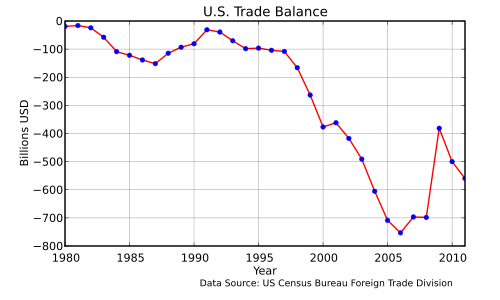Toro
Diamond Member
NAFTA increased wages in all three countries.
According to the authors, NAFTA led to a 3.9% gain in real wages in Mexico, 1.1% in Canada and 1.0% in the US. All three countries also saw increased levels of trade because of NAFTA.
http://faculty.som.yale.edu/lorenzocaliendo/ETWENAFTA042511.pdf
What were the welfare e¤ects of NAFTA? Real wages increased in all NAFTA countries and Mexico had the largest gains. Almost 90% of the welfare gains and half of the increase in real wages for Mexico can be attributed to having access to cheaper intermediate goods. Canada and the United States gained relatively more than Mexico from liberalizing against the rest of the world.
According to the authors, NAFTA led to a 3.9% gain in real wages in Mexico, 1.1% in Canada and 1.0% in the US. All three countries also saw increased levels of trade because of NAFTA.
http://faculty.som.yale.edu/lorenzocaliendo/ETWENAFTA042511.pdf
